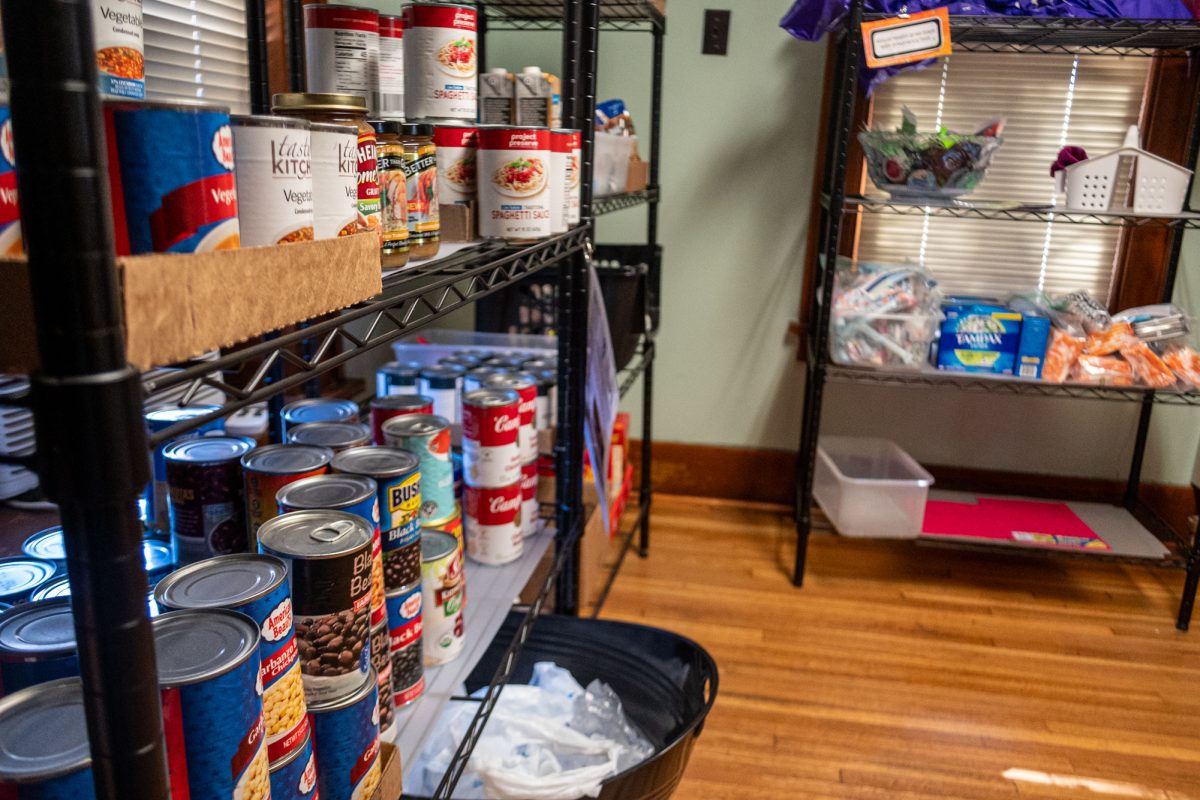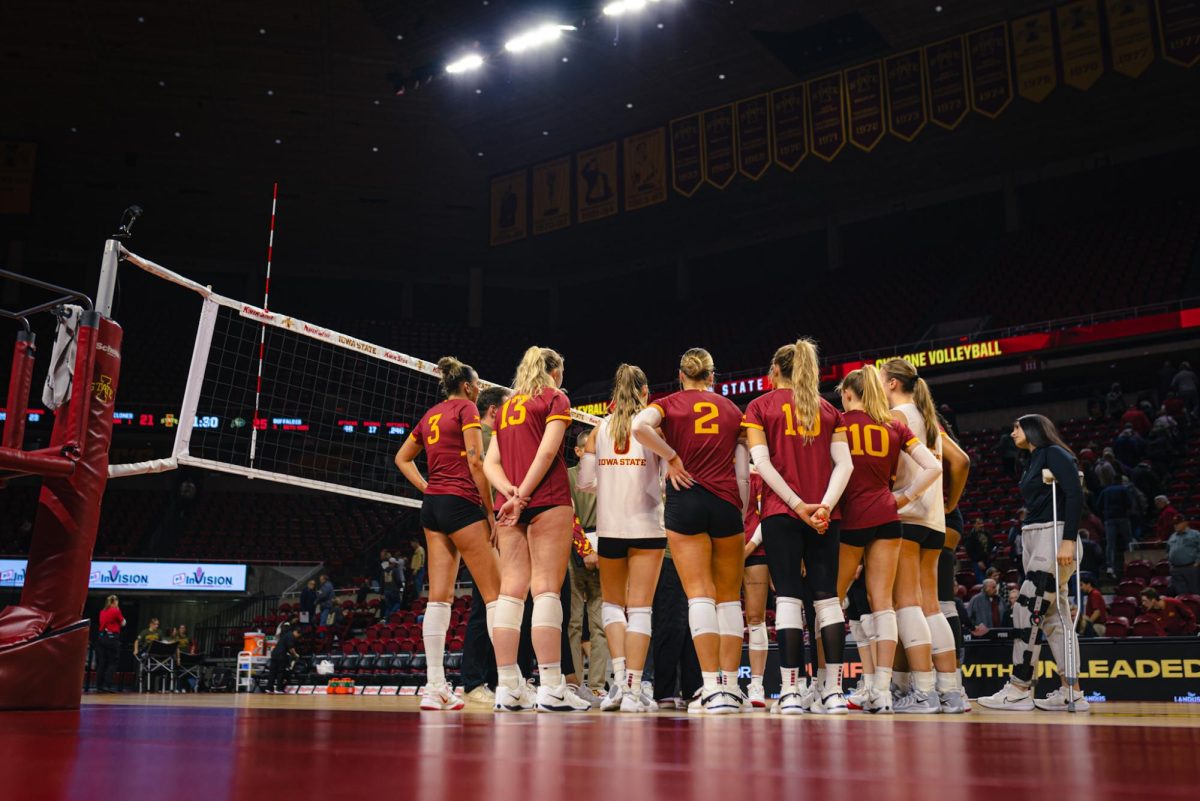The cost of doing business
August 19, 2000
I’ve always had this inane fear of Ford Explorers. They’re huge. They scare me. I drive this tiny little Japanese import made of aluminum and styrofoam. My chances of surviving a collision with one of those beasts is about same as Ralph Nader winning the presidency. It could happen. Explorers are essentially big metal monsters meant to protect its driver from any harm by enclosing him between really thick steel sheets. This arrangement may be nice for the driver in the SUV but is not good for smaller cars. Explorers also have dangerously high centers of gravity that make them really conductive to roll-overs. In the end, the design ultimately poses as much of a safety hazard to its own driver as it does to other motorists. And that’s when the thing is functioning correctly. Almost two weeks ago, Firestone announced that 6.5 million of their Wilderness AT, radial ATX and ATX II tires on the Fords have defective treads and must all be recalled by next spring. The tread could simply tear off at any time, most likely at highway speeds in warm climates. Now SUVs scare me even more. Numerous reports now indicate that Firestone has been regularly receiving notices, reports, and complaints about their faulty tires from all kinds of sources since 1997. Only after the overwhelming evidence they collected was combined with Ford’s own data did Firestone finally admit it was their bad. They’re currently blaming replacement workers in an Illinois plant from 1994 to 1996. It’s hard to side with auto corporations these days. Sure, they make neat things, but some of the people who run them have proven themselves to be the kind of guys who would let you die to save a couple bucks. Nothing personal but saving your life isn’t necessarily a financially viable option. They have a budget, a CFO, stockholders, a board of directors and all this other stuff you wouldn’t understand. If enough people died, then they might look into it. There’s really little likeable about a company like Firestone that bides its time examining alarmingly high fatal accident statistics until they determine that enough accidents and deaths have occurred to warrant a product recall. Not because they care, but because they’d be in a better position financially than if they tried to settle with all those families of the deceased. If you don’t know what I’m talking about, then you haven’t seen “Fight Club.” I’d tell you more, but I’m not allowed to talk about it. Ford Motor Company is no hero either. They had a part in withholding sensitive testing data from the public until recently. They’ve even been quietly recalling the same model of tires on their Explorers overseas since last year. Interesting. The National Highway Traffic Safety Administration is supposed to test all these cars and SUVs for us. Unfortunately, they’re critically understaffed. It wouldn’t have helped much, anyways, because their methods of tire testing don’t even reflect the new kinds of tires American auto companies are putting out. Firestone, Ford, and the NHTSA are all responsible for the 46 plus roll-over deaths and hundreds of other accidents attributed to Firestone’s faulty product. Their tires are normally very good, though, so it’s safe to buy from them again. Nonetheless, consumer safeguards have failed, and people were harmed and killed because of it. But Firestone did the right thing – they decided to go with the recall. (Good thing it was cost-effective.) It’s becoming increasingly easier to see America as a place where our safety and well-being are being readily sacrificed to maintain the public image and financial prosperity of giant corporations. Ford did it before with the Pinto. In comparision, quietly recalling defective tires in overseas countries while leaving the 6.5 million defective tires in America alone for another good year or two is peanuts, really. Not too many people died. I know, I know. Realistically, no one can expect a manufacturer to make millions of products without screwing up a few. A few faulty products might filter their way into stores. Some of them will undoubtedly fail and a few people might get hurt. Those things are forgivable. What is not forgivable is that both Firestone and Ford knew the tires were life-threateningly dangerous and withheld the information from American consumers as long as possible to protect their own interests, financial and otherwise. The fact that Ford began recalling the faulty tires overseas last year illustrates they were well aware of the problems over a year ago and did nothing to help their customers back at home. Both companies knew years in advance of these problems, but they didn’t come clean until they were certain the information would soon be disclosed to the American public in a much less savvy way than their slick Open Letter. Well, Firestone now appears willing to throw around a couple hundred million to repair the damage they’ve done. I guess that’ll have to do.






